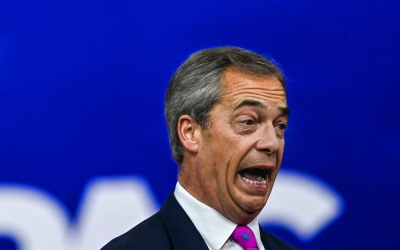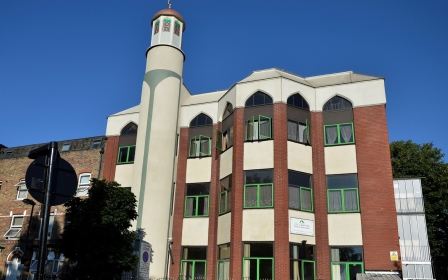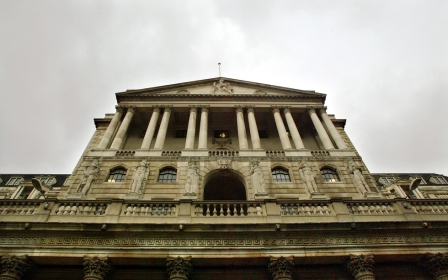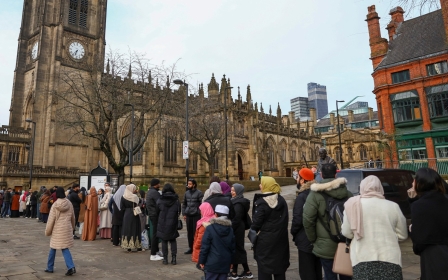Nigel Farage row: As a Muslim who's had accounts closed, can I expect the same response?
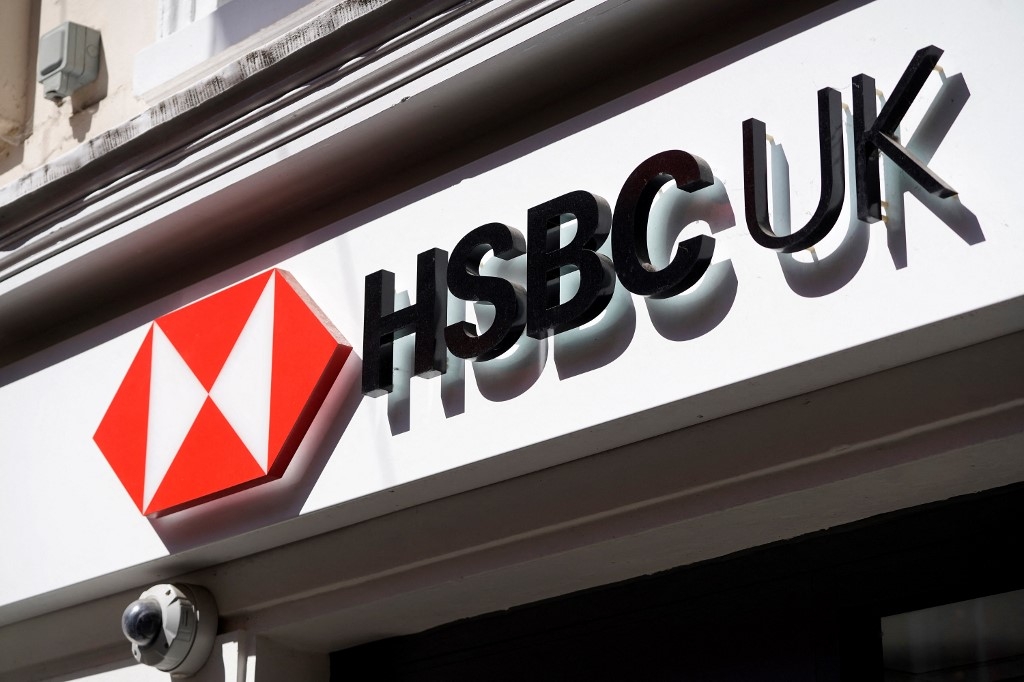
Nine years ago, my life was irreversibly affected by several letters which fell onto my doormat.
Out of the blue and without any warning, HSBC, which I had chosen as my personal bank back in August 1985 as a 16-year-old A-level student, was telling me without explanation that it was closing down my bank accounts, personal and business.
Other letters were addressed to my then-wife, and to my sons, who were only 15 and 12 at the time.
The tone of the letters was abrupt and unforgiving. I was not to inquire about the reasons behind the decision, nor was I to seek to open any account with them or any of their associate banks in the future.
Despite a long-running campaign to try to get HSBC to offer some sort of explanation, and sterling efforts from Peter Oborne to expose what had happened and why, we were met with not only complete silence from the bank but also from the mainstream media.
New MEE newsletter: Jerusalem Dispatch
Sign up to get the latest insights and analysis on Israel-Palestine, alongside Turkey Unpacked and other MEE newsletters
In fact, I faced a campaign from political adversaries - including those aligned with the numerous authoritarian regimes in the Middle East that I vehemently oppose and relentlessly criticise - who utilised this opportunity to question my reputation and integrity.
One of them commented on a BBC radio phone-in that bank accounts "usually close down accounts of terrorists, drug dealers or money launderers", with the presenter failing to qualify that I was suspected of none of those crimes. In fact, I was and remain suspected of no crime whatsoever.
Since then, I have had numerous accounts closed down by a litany of high street banks, including NatWest, the Royal Bank of Scotland, Lloyds and Santander, and countless applications for personal and business accounts rejected.
As we speak, Wise online bank is claiming to continue to "verify" my details despite applying for an account back in May.
Unchecked power
Banking facilities are an essential part of life. Without a bank account, employment, receiving wages, paying bills, paying taxes, travelling, renting or buying a property and many other everyday activities become literally impossible.
As such, having a bank account is as essential as having a water supply or electricity. It's a basic need - and denying it to anyone constitutes an infringement of their human rights.
However, in our capitalist system, it's clear that banks are demigods who command a great amount of unchecked power. One only needs to look at the number of times governments have bailed out banks to the tune of hundreds of billions, while millions face poverty and risk having their children go without food.
Despite the billions received in bailouts, it appears that our elected officials are either unable or unwilling to reduce the outsized and undemocratic power of the banking sector.
While concerning, this should not come as a surprise when one starts to understand that many politicians and officials are intrinsically tied to the banks and the financial sector in one way or another.
But my case is not unique. Over the years, hundreds of individuals, businesses and charities have seen their bank accounts closed. This has not only cost tens of millions in lost donations and legal fees, but also cost in terms of reputation, confidence and the ability to continue functioning. Notably, the overwhelming majority of those closures were accounts held by Muslims.
When a few weeks ago, the story of Coutts Bank closing down Nigel Farage's bank account broke, one would've been forgiven in assuming that it was the first time that a British bank had behaved in such a way and that all parties concerned had admirably jumped into action to address a terrible wrong.
My disdain for Farage does not omit my disgust that his bank had chosen to behave in this way and go even further and lie about the reasons behind it.
Seminal moment
I'm glad that the NatWest boss, Alison Rose, has been forced to step down, and it would not aggrieve me if Farage got his way and the entire NatWest Board were dismissed.
However, what enrages me and countless others are the double standards this story exposes. Where was the mainstream media when I and dozens of others, including charities, had their banking services closed down?
Where was the investigation then? Why were questions not asked when people like myself were forced to explain to their children why they were addressed by banks in a manner that would shake adults to the core?
What of the impacts on lives, including mine, where immense pressure was brought on by these decisions, leading to family breakdowns, mental health issues and more?
What of the impacts on lives, including mine, where immense pressure was brought on by these decisions, leading to family breakdowns, mental health issues and more?
Why did no one question why financial institutions were making - and had the power to make - decisions based on reasons that had nothing to do with financial considerations? Would anyone find it acceptable if energy companies withdrew their services from a household based on their political or ideological affiliations?
Fortunately, and in my case after nine long and extremely difficult years, this story has finally gained top billing on every news outlet, albeit not for the right reasons.
I, and many of my colleagues, friends and associates, intend to pursue this to the very end. If Farage can get an explanation, get the prime minister to intervene, and obtain an apology from the bank, followed by a resignation and a call for a public investigation into the behaviour of banks, then I and my family deserve no less.
While years of experience have taught me not to hold my breath when it comes to authorities doing the right thing against financial or material interests, this moment is undoubtedly a seminal one.
To use this opportunity to push back against the domineering authority of banks would be of immense benefit to all concerned and a boost to our democracy and fair distribution of power.
It's an opportunity we must not waste.
The views expressed in this article belong to the author and do not necessarily reflect the editorial policy of Middle East Eye.
Middle East Eye delivers independent and unrivalled coverage and analysis of the Middle East, North Africa and beyond. To learn more about republishing this content and the associated fees, please fill out this form. More about MEE can be found here.



